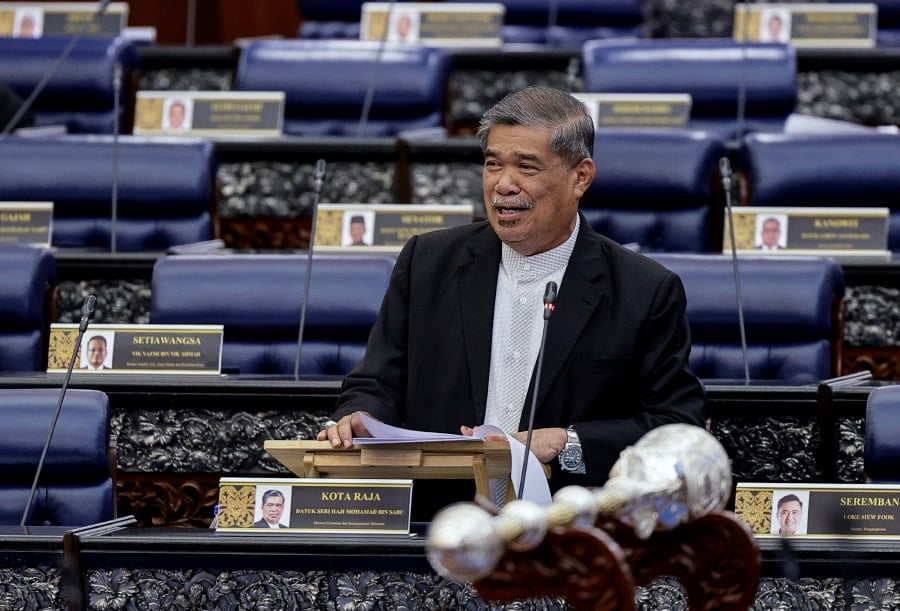KUALA LUMPUR: The government currently has no plans to eliminate the monopoly by Padiberas Nasional Berhad (Bernas) as the national rice importer in the country.
Agriculture and Food Security Minister Datuk Seri Mohamad Sabu said the ministry believes the current primary rice import policy is still the best way forward to address the current shortage and future challenges.
Mohamad said this policy serves as the primary mechanism that enables the country to confront the challenges of international rice price instability.
"This is because the primary import policy serves as a gatekeeping mechanism that acts as a shield to protect the local rice and padi industry from being exposed to international market uncertainties.
"Based on this, any decision regarding a change in this policy must take into consideration the welfare and income of rice farmers, food supply stability and security, as well as the current ministry policy," he said, in a written response in the Dewan Rakyat yesterday.
He was responding to a question from Oscar Ling Chai Yew (Pakatan Harapan-Sibu) regarding when the ministry plans to eliminate the monopoly on rice and allow more rice importers into the country.
Responding to the question of whether the increase in the price of imported white rice was related to the monopoly, Mohamad replied in the negative.
Instead, he said the increase was due to a 60 per cent increase in the international rice market price which occured at the end of August last year.
So far, 19 countries have restricted rice exports to prioritise their own consumption.
As an example, he said that India has imposed rice export restrictions since July, which subsequently affected the global white rice prices.
"This situation is further exacerbated by the depreciation of the foreign exchange rate of the Malaysian Ringgit compared to the US Dollar.
"The increase in rice prices is not only happening locally, but the pinch is also being felt globally," he said.


